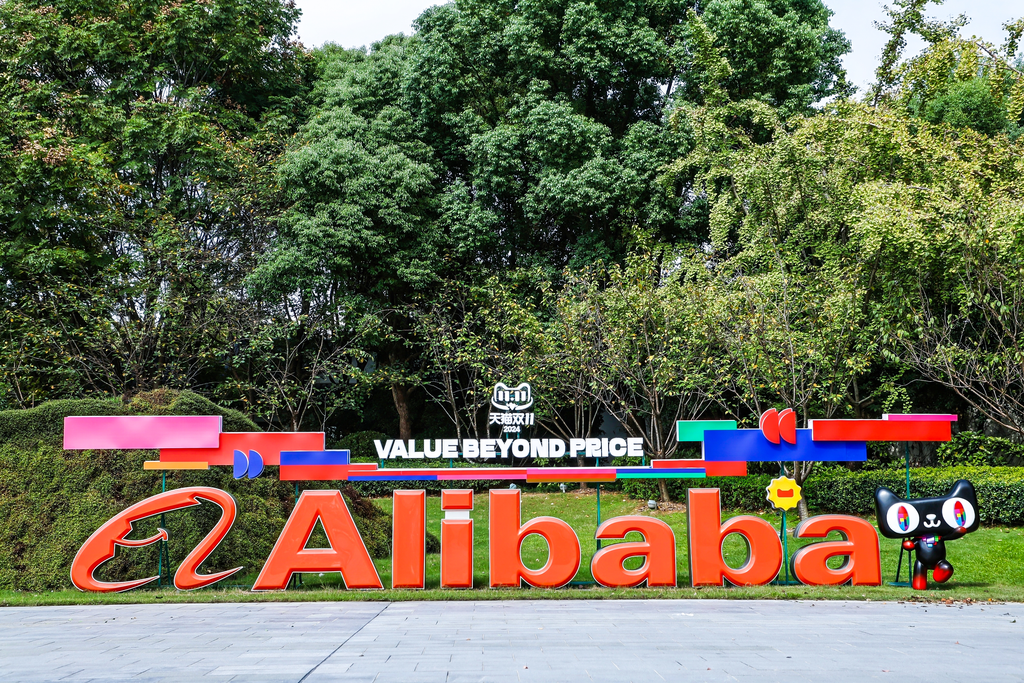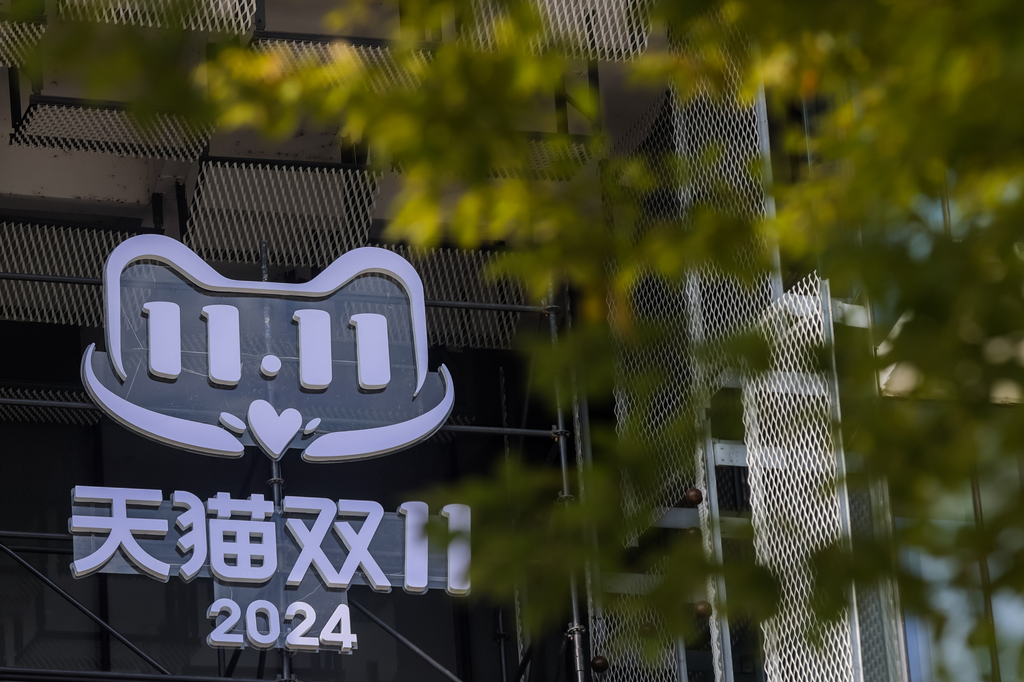
One way for a business to assess the popularity of a product or service is to change it—and then listen for the anguished cries of customers who liked things fine just the way they were. Case in point: a recent attempt to improve search results on Taobao, China’s largest online shopping website, has sparked an outcry from a vocal group of online retailers who say the changes will hurt their Taobao-based storefronts. Some of the aggrieved merchants, carrying a banner decrying Taobao as “unfair,” have gathered for the last several days outside Taobao headquarters in Hangzhou in protest. While their numbers have been small—about a dozen people demonstrated on Aug. 3—the protesters received significant coverage in the Chinese media.
The dispute erupted July 8 when Taobao upgraded its product search algorithm by incorporating seller ratings into the formula for the first time. Ratings, which are based on feedback that sellers receive from consumers on product quality and customer service, are an important metric that buyers use to decide which e-shops they patronize to buy the products they’re looking for. Taobao says the change was aimed at improving the quality of search results; sellers with good track records with their customers now pop up higher up the search rankings. The company is also trying to cut down on vendors who try to game the search system by listing products multiple times and other tricks. But some merchants, who developed “search-engine optimization” techniques to improve their rankings based on Taobao’s old algorithm, cried foul, complaining that their sales dropped when the new system was launched.
As open-to-all e-commerce sites like Taobao grow larger, the more difficult it becomes to police them for fraud and formulate rules that do not somehow disadvantage a portion of the user base. While readers outside China may not know much about Taobao, the dispute will be familiar enough to users of eBay, where policy changes often draw strident objections from some customers. In Feb. 2008, updates to eBay’s fee structure and user feedback policy even prompted some sellers to stage a weeklong boycott.
Taobao’s critics are accusing the site of tweaking the organic search system to boost revenue. They claim the altered algorithm is a bid to force them to buy advertising through the site’s paid-search feature in order to get noticed by buyers. (Getting noticed can be tough on Taobao, which has 190 million registered users.) Taobao spokeswoman Justine Chao denied the accusation, noting that “there is no relationship” between paid search and organic search functions. “The changes we made are to the benefit of shoppers and quality sellers,” she said. The company met with protesters on Aug. 3 to explain the new policy and how they can adapt to them. Taobao has no plans to revert to the previous search system.




